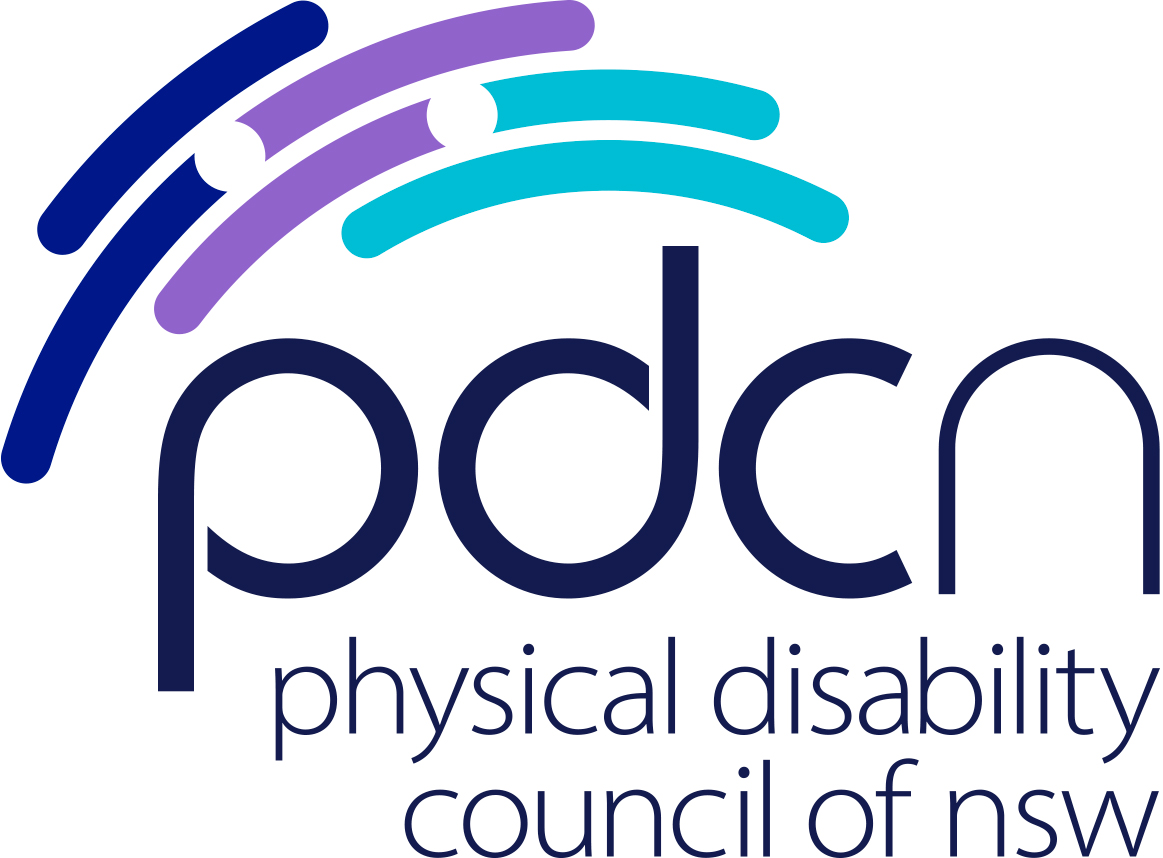
Why the proposed independent assessment model is still alive.
As someone who has worked with people with disability for most of my life, I celebrated the launch of the NDIS by the Gillard Government in 2013. Most of my colleagues shared this feeling with me – we saw the NDIS as one of the most important Australian social reforms in our lifetimes.
Instead of focusing on what was ‘wrong’ with a person, the NDIS was based on a belief that once we removed obstacles, people would become more independent, with more choice and control over their everyday lives.
I’m sure you’ll agree that the NDIS gave us a new way of welcoming everyone into community life by providing people with disability the types of support they needed to live ordinary lives – to aspire to personal goals in their lives, and the dignity and respect to work out their own lives, in their own way.
It also provided support not just for people with disability, but for their families and carers – all the people that supported them in their lives. However, the changes recently proposed by the Morrison Government to introduce independent assessments showed us that they do not share these fundamental beliefs about the scheme.
By mandating government-appointed assessment teams administering government-selected assessment instruments as the only way for people to be part of the scheme, they have betrayed a core principle: that people with disability and their own health professionals should understand and be directly involved in determining the supports and services they need in their lives.
We need to continue to insist that people with disability and those who support them have the freedom to choose who assesses them and how they work with them to develop life-long goals and aspirations within the current guidelines of the NDIS.
On Friday 9 July NDIS Minister Linda Reynolds responded to pressure from State and Territory Ministers and stopped plans to move forward on the Coalition’s current framing of independent assessments.
We need to be very clear on what has happened here, and what we could reasonably expect in the next few months.
While Minster Reynolds has called a truce regarding independent assessments in their current form, we know that independent assessments aren’t going away completely, as legislation calls for their implementation in some form.
The NDIA’s Independent Advisory Council last week released a report that clearly stated the NDIA “should continue testing independent assessments among participants to make sure the process works well for our broad range of participants”. This indicates to us that whilst the current model of independent assessments may well be dead, the transition to a functional capacity model to determine individuals’ supports and funding will happen in one form or another.
Additionally, the NDIA has already approved tenders worth millions of dollars over the next three years for companies to implement the independent assessments. There is no indication at this stage that the NDIS has revoked these contracts, and so we can only imagine that the NDIS still intends to rely on these service providers to undertake some form of assessment.
It is clear that the disability sector’s fierce opposition to the model has sent the Federal Government back to the drawing board, but what comes next is yet to be seen.
What should be our next response?
The worst thing our sector could do is be complacent and assume that everything will now proceed as before. The Federal Government has given us plenty of warning that changes will happen and that they do not support the current NDIS system.
We must continue to defend as non-negotiable that participant’s plans are based on the ‘reasonable and necessary supports’ required for an ordinary life. (The government is currently looking to change this to the concept of ‘reasonable and necessary funding’.) This ensures that the main guiding principle of the scheme will continue to underpin people’s individual plans. It will also not allow this government to dictate that a person’s needs are based on available funding, rather than their actual individual needs.
We also need to continue to be actively engaged in the government’s promised consultation process with people with disability about what alternative models are open to it in place of the original independent assessments. We must continue to insist as non-negotiable that individual assessments be optional, and ensure that the role of assessments is in identifying the complexity and individuality of a person’s support needs, rejecting any idea that you can simply categorise an individual into one of 400 ‘personas. (You can read more about the concept of NDIS personas in our recent blog post.)
We also need to be prepared to come up with a range of ideas and proposals that address the real issues of equity and access for some people with disability in accessing assessments, especially those in rural and regional areas and those on low incomes.
Finally, we must acknowledge that while we’ve had a victory in the latest battle over independent assessments, the war over the fundamental principles of the NDIS is still being waged around us.



